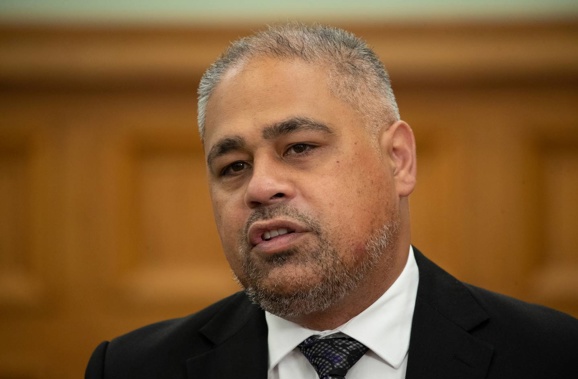
The Defence Minister asked his colleagues to send Javelin anti-tank missiles to help Ukraine but the Cabinet has so far declined.
"We've already put towards Cabinet a number of options, which include some lethal support," Defence Minister Peeni Henare said this afternoon.
"But at the moment, Cabinet's made the decisions it has."
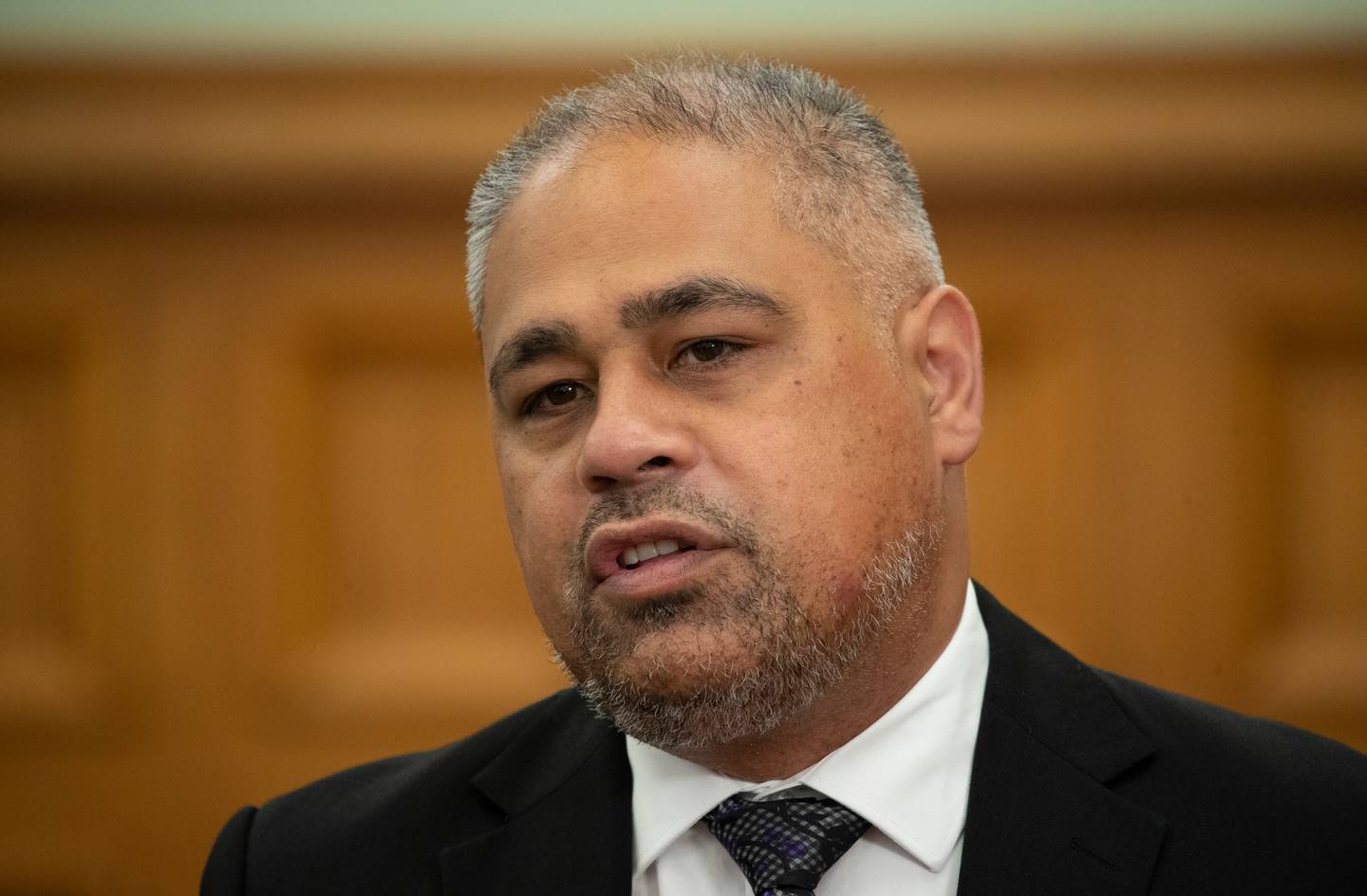
Defence Minister Peeni Henare says he's asked for lethal aid to support Ukraine but Cabinet didn't approve sending Javelin anti-tank missiles. Photo / Mark Mitchell
Meanwhile, National's defence spokesman Gerry Brownlee said Russian President Vladimir Putin's regime was riven with malevolence.
"Rumour is that one individual sits at the top of a pyramid – so there's in my opinion a lot of deep evil inside that whole regime."
Brownlee said the public needed more information on how sanctions applied to Russian oligarchs would work.
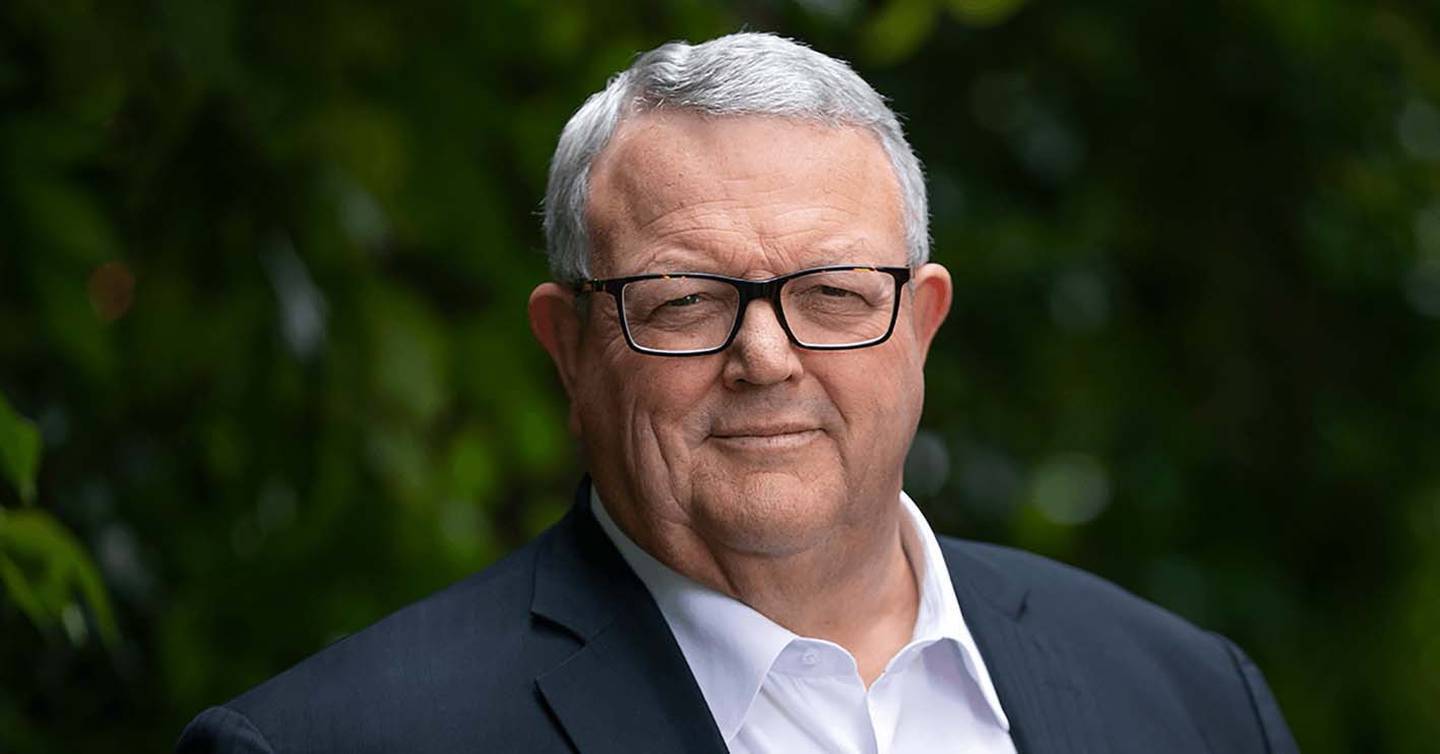
National's defence spokesman Gerry Brownlee says "a lot of deep evil" permeates the Putin regime. Photo / Supplied
Brownlee said New Zealand banks should identify transactions which are essentially routing money back into Russia.
"I would hope that is reported to the central bank."
New Zealand imposed more sanctions on Russia today after reports of Ukrainian civilians being abused, murdered and buried in mass graves.
Act leader David Seymour said New Zealand might need anti-tank missiles in the next three years but Ukraine needed them in the next three days.
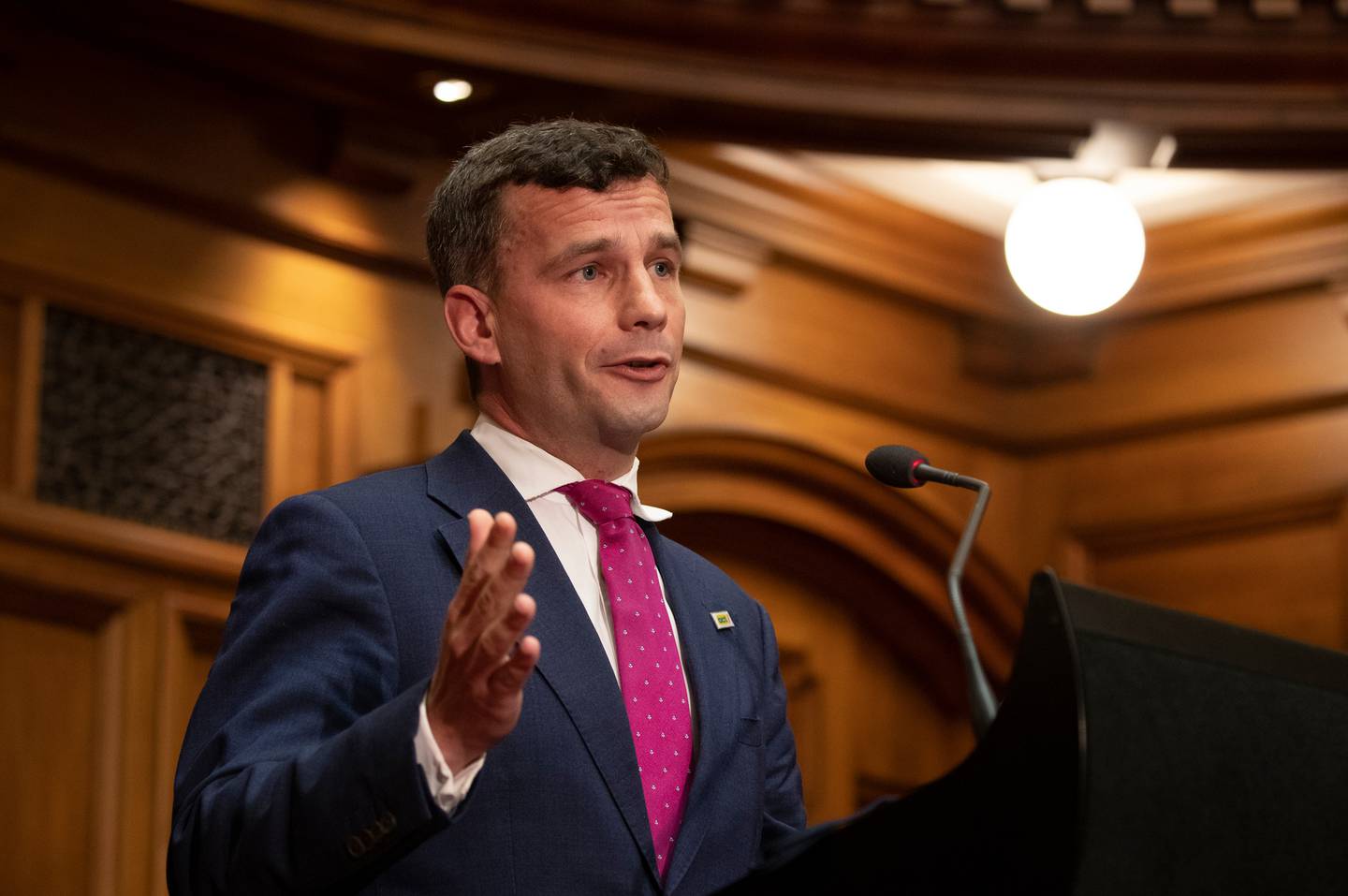
Act leader David Seymour says anyone questioning which side of the Ukraine-Russia conflict is good and which is wrong has serious problems. Photo / Mark Mitchell
"Our long-term security interest is to be a fully signed-up member of the Western liberal alliance because the world just got a lot nastier."
He added: "We can't afford to be the weakest link in the West."
Seymour said it was "historically illiterate" to think New Zealand did not or should not provide lethal aid.
Seymour said anybody in doubt about the morality of the war needed to ask what New Zealand stood for, and what Putin stood against.
"We stand for free and fair elections, free speech, and not killing innocent people."
Putin had no respect for any of that, Seymour added.
"If they can't work out which side of the conflict they're on, they need to get f*****."
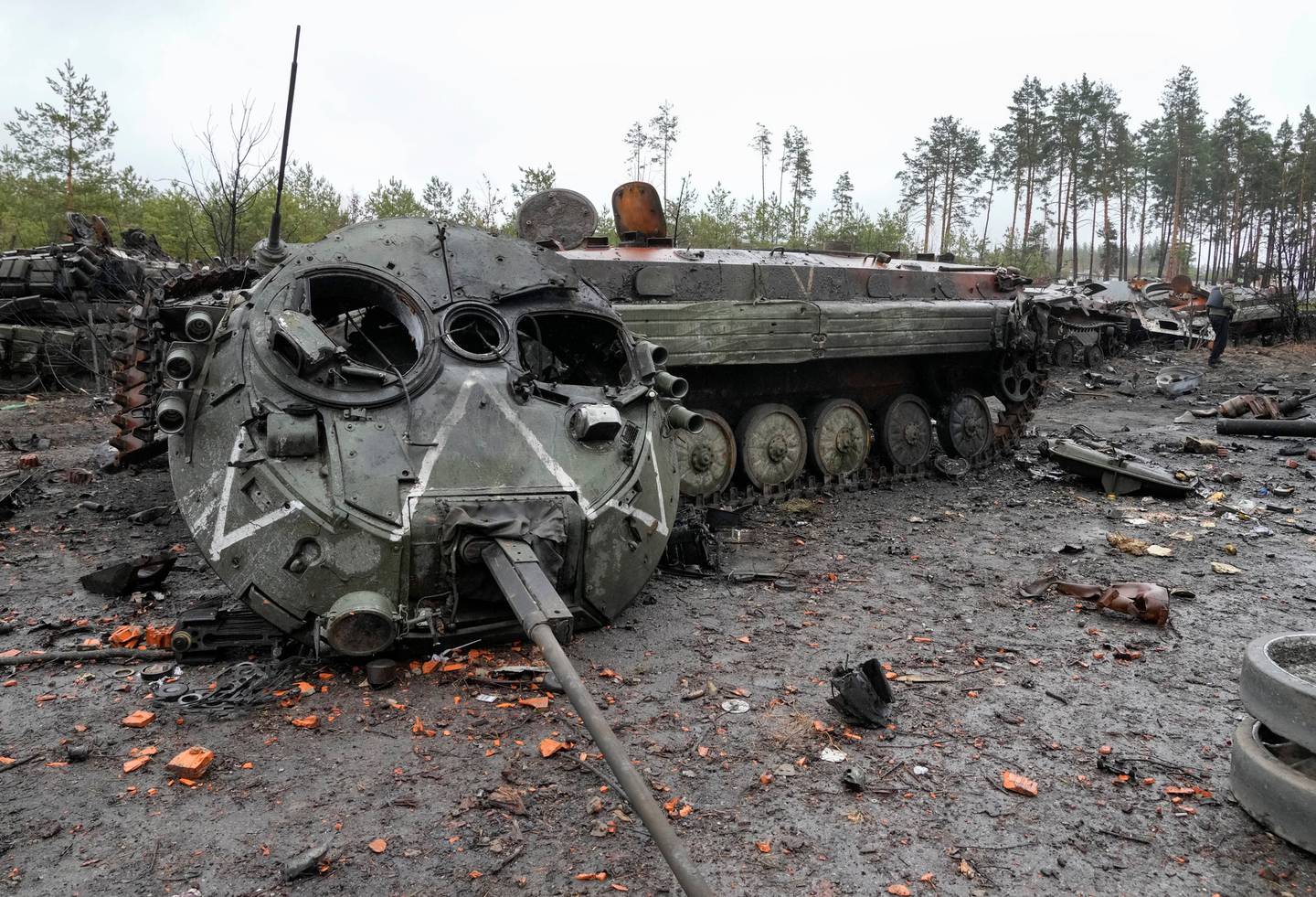
The letter V, the Russian forces emblem, is seen on a blown Russian tank turret in the village of Dmytrivka close to Kyiv on Saturday. Photo / AP
Cabinet's refusal to send Javelins to Ukraine might be based on long-term diplomatic calculations, defence analyst Paul Buchanan said.
"This seems to me to be a political, diplomatic reason. The Javelins are a very effective platform."
He said the weapons cost about a million dollars each and were now in short supply.
"The Javelins are made in one factory in Iowa and the demand for them has outstripped the productive capacity of the factory."
Buchanan said Henare could be relaying views of Defence Force leaders who would've argued there was little chance of Kiwi troops needing to use Javelins anytime soon.
He said Nato members were enthusiastic about helping Ukraine with lethal aid but New Zealand wanted to maintain some foreign policy independence.
And in a postwar environment one day with Russia-Europe relations strained, New Zealand might want to act as a mediator, he said.
"People in Mfat might be thinking about the post-conflict environment where New Zealand might be a good interlocutor or go-between."
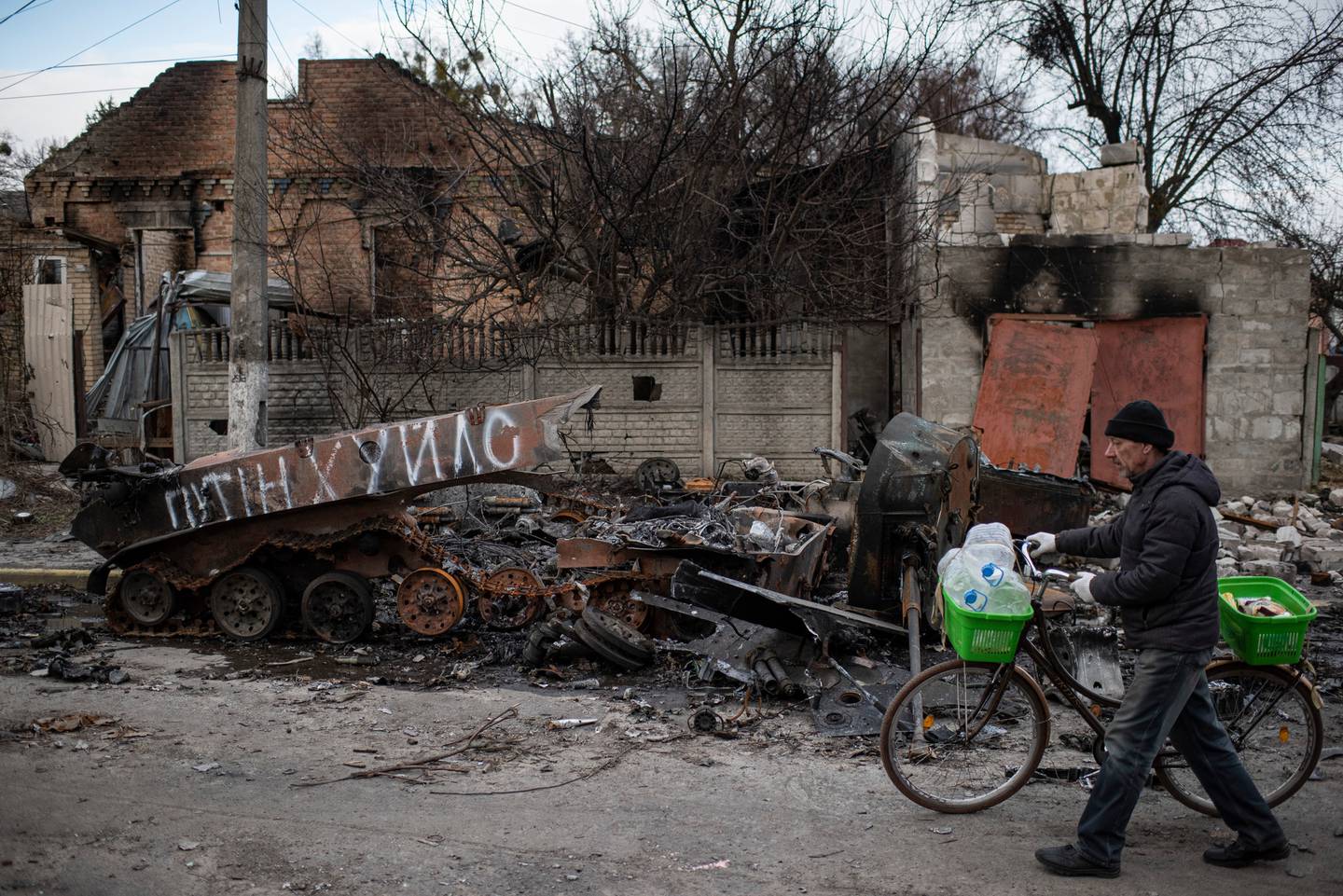
A man walks past a destroyed Russian armoured personnel carrier on April 4 in Bucha, Ukraine, the scene of alleged Russian war crimes. Photo / Alexey Furman
National security expert and Army veteran Dr Jim Rolfe said the rest of Cabinet might be following one of two lines of thought.
"One is, someone doesn't like the word 'lethal' because New Zealand doesn't do lethal, New Zealand does humanitarian assistance and disaster relief."
Another possible view was that New Zealand had so few Javelins or other so-called "lethal" material, the country couldn't give them up.
Rolfe, a former security adviser to the Department of the Prime Minister and Cabinet, said it might be naive for New Zealand to imagine it could act as future mediator.
"I'm sure someone will suggest it, but someone in Norway will have suggested it as well."
- by John Weekes, NZ Herald
Take your Radio, Podcasts and Music with you









